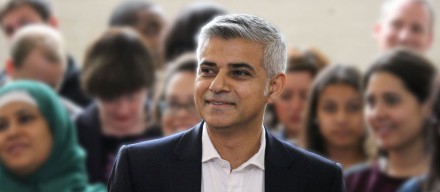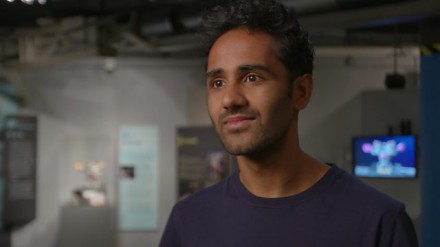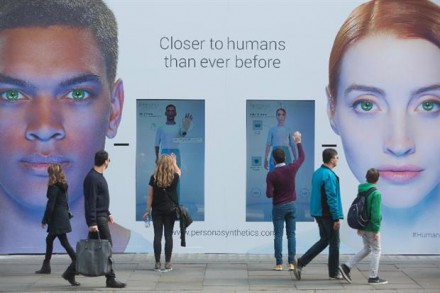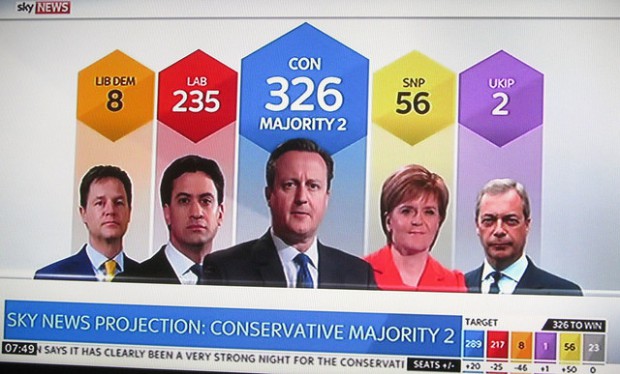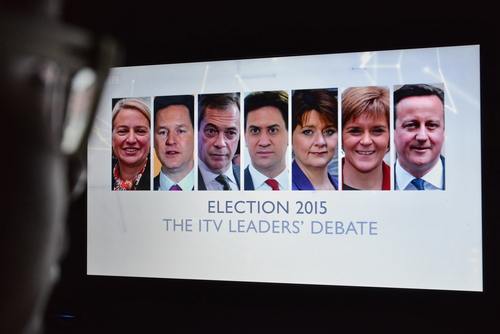By Pankaj Oza, IDEA Pharma [in a personal capacity]
On Monday evening this week, I was invited to attend a discussion around ‘Innovation and the General Election’. With some hesitation, I entered the basement of a restaurant on Old Street in London where I was welcomed by the most remarkably diverse group of individuals.
The group comprised a professional writer, blogger, innovation officer, designer, lecturer, consultant and care home owner to name but a few. I was questioning what could these individuals possibly have in common and how I was going to be able to participate in any meaningful discussion over the following two hours.
Quite rapidly debate ensued, not unsurprisingly, across a hugely broad array of topics including: the green debate (somewhat forgotten in this election campaign), democracy, algorithms, UKIP, consumerism, the space race… and so on.
We did get onto innovation and more importantly I found myself being drawn into the debate over what the current government has done to encourage innovation in pharma in the UK. The most commonly cited example which appears to have borne some fruit is the patent box, enabling companies to apply a lower rate of corporation tax to profits earned after the 1 April 2013 from its patented inventions. The relief was phased in from April 2013 with a corporation tax of 10% being applied.
Apparently, according to commercial secretary to the Treasury, David Gauke:
GlaxoSmithKline has attributed to the patent box its additional investment of £500 million in manufacturing in the UK, along with the creation of 1,000 new jobs and the construction of a new factory.
It appears, however, that the UK government is proposing to end its patent box scheme following pressure from Germany in a concession about artificial shifting of profits between European countries. If this proposal is agreed by the OECD Forum on Harmful Tax Practices, the patent box will close to new entrants in June 2016 and will stop operating in June 2021.
So that didn’t last too long then!
Whether this incentive drove innovation in UK Research and Development (R&D) is difficult to discern. However, at least it appears some thought was given to introducing a policy to encourage investment in R&D in the UK.
This is in stark contrast to the last month of electioneering, where every day another series of unfunded policies appear in an atrocious, derogatory and ill thought through attempt to win votes. Inheritance Tax thresholds, council homes purchases, free nursery places, reduced tuition fees, 24/7 GP provision… the list is endless!
Rather like the bargain basement discount offers meant to draw you in for a one off purchase, this is how political parties view the electorate. Don’t be surprised if free transport sponsored by one of the main political parties arrives outside your door on election day, with free tea and samosas to whisk you to the polling office… and whisk you back home again (especially if you’re in a marginal constituency).
So where’s the vision for each of the parties? A look at the Conservative Party website does not point you in any specific direction. ‘Strong leadership’ is bandied around alongside a couple of other phrases. A clear sense of purpose does not feature. An aspirational future is not apparent. A common set of goals that draws in the electorate (or any subsection of the electorate) does not stand out.
Without an engaging sense of purpose, all the bargain basement offers are not going to align the electorate with political parties.
Similarly, pharma companies need a sense of purpose about their medicines. What are they for? Who are they for? Why? In the same way all political parties need a clear sense of purpose, a ‘position’. Similarly drug companies need a strategic positioning for their assets built around a clear understanding of what the drug can do relative to other market assets. The earlier this ‘position’ is established, the easier it becomes to develop the aligned clinical, commercial, regulatory and access strategy of the drug. Without a clear position (or with an undifferentiated one) the promotional campaign, the messaging, the conference presentations, the sales strategy, etc, will never result in a long lasting relationship.
The ability to engage an audience with an aspirational sense of purpose does matter.
Everyone likes a bargain basement discount offer now and again, but it never creates a sustainable sense of value.
